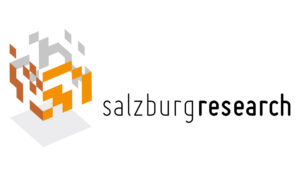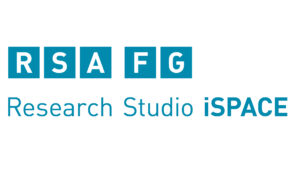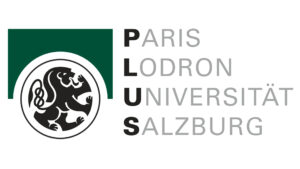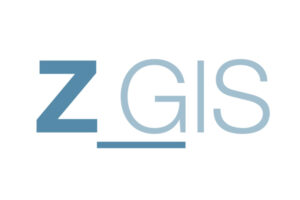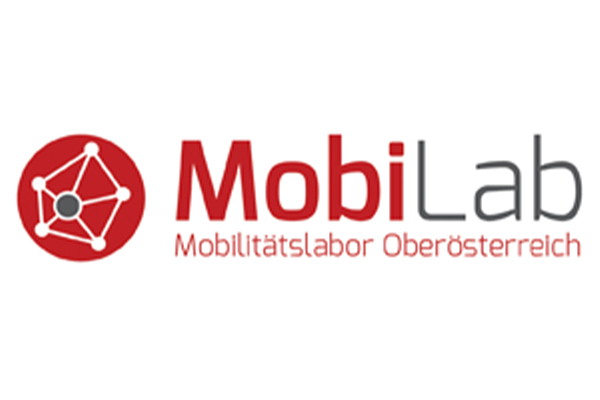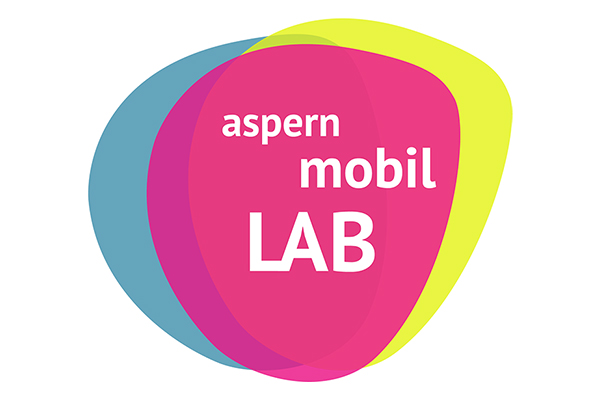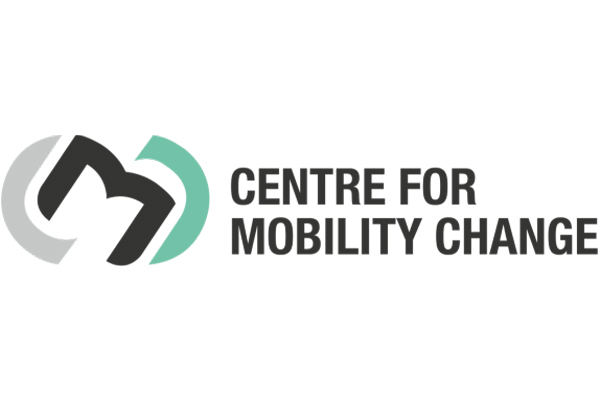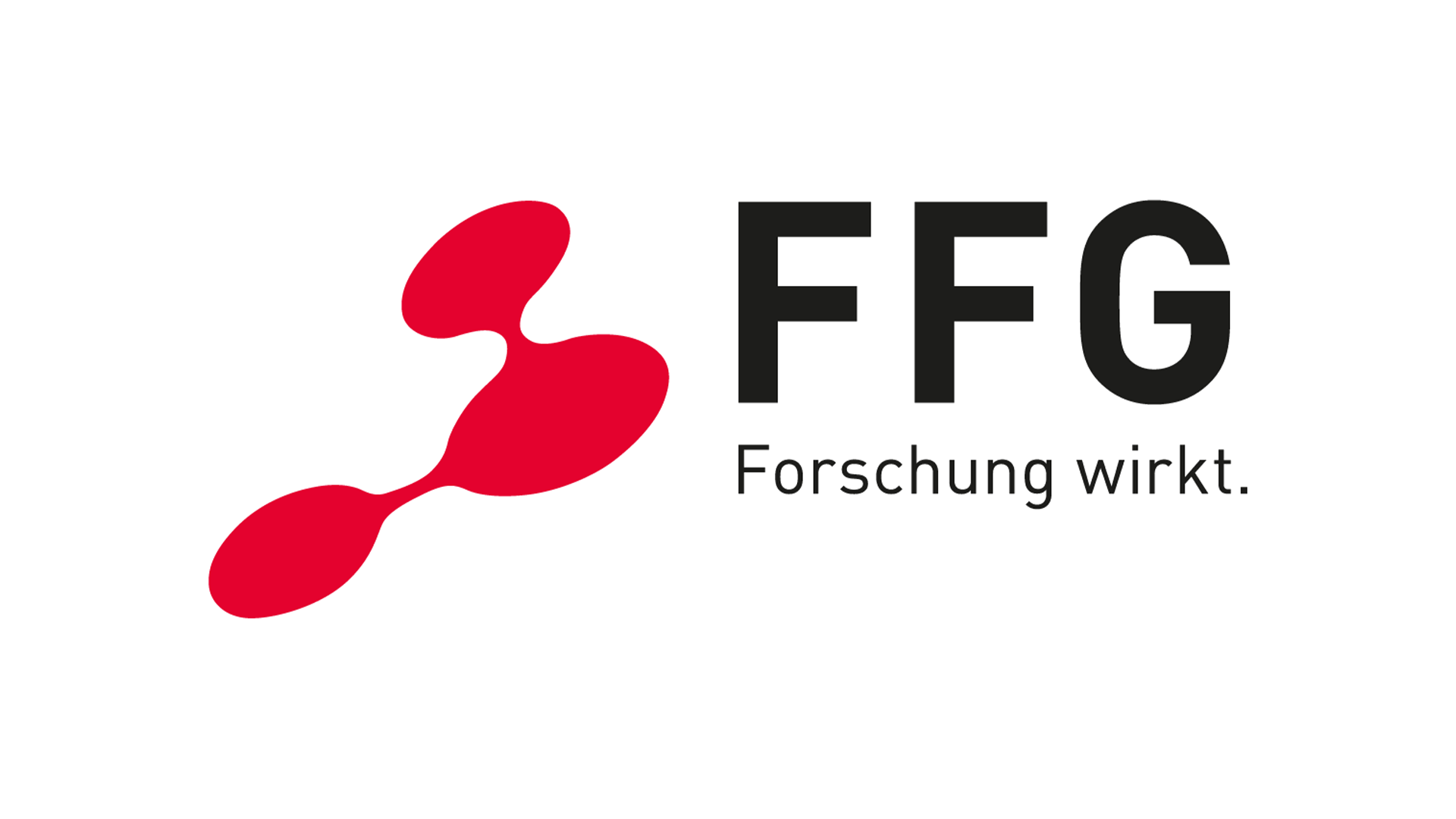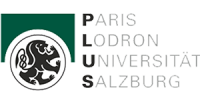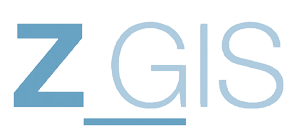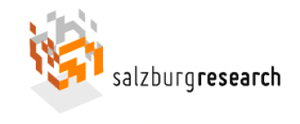Our Vision
Our Future

The Mobility Laboratory
Mobility laboratory “zukunftswege.at” assists research and innovation drivers in the development of their potential, and aims to initiate and help new projects.
The aim is to develop sustainable mobility solutions, to reduce and at the same time better organise traffic in the city and surrounding communities. New projects will be created by networking industry, business and research. This should therefore contribute to the transport revolution, including in respect of climate neutrality, within the strategies and master plans of the city and state of Salzburg. Through close cooperation with the city and state of Salzburg, the findings of the projects flow directly into the practical planning and implementation of transport measures, mobility projects and awareness-raising actions. On the other side, innovation projects benefit from the support and know-how of Salzburger Verkehrsverbund GmbH and the partners involved.

Our Basic Functions
-
Advice
-
Awareness-raising
-
Knowledge transfer
-
Networking partners
Our Services
Special services of our research partners to support your projects
Our Live Laboratory Infrastructure
Test corridors and laboratory stations with an integrated data infrastructure.
zukunftswege.at is a point of contact for citizens, experts and companies of any stakeholder groups to network and to raise their concerns in the mobility sector.
Through it, new innovation projects with a focus on mobility should be initiated and actively supported. The mobility laboratory offers you a very broad range of innovation-related services, access to the infrastructure and other basic services.
To create new, mobility-related contributions to solutions, targeted use is made of the basic functions, test environments and services.
The effects of innovation projects should therefore also improve the innovation and mobility system. For business and research, the laboratory activities allow experimentation and learning in the live laboratory / practical context, to create the necessary foundations for the planning of demand-driven provisions. Citizens are invited to contribute their ideas and to become actively involved in the projects through customer journey and citizen participation processes.
This significantly improves acceptance, visibility and the time frame for implementation of innovation projects.
Optimal networking can improve efficiency in implementation of the services to be developed. The focus of innovation projects on regional needs and challenges is underlined by the participation of the public sector and the involvement of a variety of stakeholders. With the sponsorship of Salzburger Verkehrsverbund GmbH the laboratory activities and services of zukunftswege.at will become established in the long term.
Research Partners
As well as the project partners providing funding – the city and state of Salzburg – mobility laboratory zukunftswege.at has also gained research partners RSA FG iSPACE, Salzburg Research and the University of Salzburg – Z_GIS.
These research institutions, which are relevant for the central area of Salzburg, have significant capacity for activities and new innovation projects in the mobility sector. They provide the services offered on behalf of zukunftswege.at.
Salzburg Research
Salzburg Research Forschungsgesellschaft mbH
As an independent research institution, Salzburg Research offers know-how and sustainable solutions for complex challenges in the internet of things.
With motion data intelligence, the movement of people and things is made measurable and linked together reliably, and algorithms are developed for meaningful analyses, which therefore improve value added and efficiency. On behalf of zukunftswege.at, research group “Mobility and Transport Analytics” develops and oversees the following three services:
- Real traffic data from private and public transport
- Quality measurement of cycling infrastructure
- Cooperative transport hubs
RSA FG Research Studio iSPACE
RSA FG Research Studio iSPACE
With methods from applied geoinformatics, RSA FG Research Studio iSPACE develops innovative planning instruments and tools for evidence-based decision-making and awareness-raising for companies, administrative bodies and the general public, in the context of optimised resource planning and climate protection.
The applications lie in the planning domains of mobility as well as residential and open space development. As a part of zukunftswege.at, solutions that have been developed should be subject to application-based refinement for spatial planning, to support specific planning activities for development of the mobility provision or infrastructure. The scalable methodology (“route analysis”) developed on behalf of zukunftswege.at allows comparative analysis of any locations and routes desired (public transport routes / cycle paths) with respect to commuter dynamics and population structure. The service is suited to identifying potential in the transport system on a wide range of geographical levels (local to national) and to prioritising possible solutions. Among other things, in the context of the Ultimob model project, the service has also been used as a data basis for the development of a multimodal action plan.
University of Salzburg
Mobility Laboratory | Department of Geoinformatics – Z_GIS | Paris Lodron University of Salzburg (PLUS)
Geographical conditions have a significant impact on mobility. Conversely, mobility shapes the geographical space.
In the mobility laboratory, first-class research is conducted at the interface between geoinformatics and mobility research. Findings produced here are consistently transferred into practical application and published in the relevant specialist fields. Students are included in the continuous expansion of knowledge and supervised in the course of project work and final dissertations.
The expansion of knowledge in the mobility laboratory is largely based upon externally funded national and international research projects. Through interdisciplinary collaborations, geoinformational method innovations in the area of data modelling, network analysis and the modelling of interactions between moving objects and their surroundings are included in a range of mobility-related domains.
Mobility Laboratories in Austria
With the mobility laboratory initiative, the Austrian federal ministry of climate protection, the environment, energy, mobility, innovation and technology (BMK) has instigated the formation and operation of the mobility laboratories as part of the future mobility (MdZ) programme.
After an exploratory phase, which began in 2014, six mobility laboratories were established in 2017 and operated until 2021. Following an external effectiveness test, tenders for the third phase of the mobility laboratories were invited in spring 2021. Since then, four mobility laboratories and the “Centre for Mobility Change” have been pursued and developed in Austria. The synergies and competences of the individual laboratories are brought together and continuously expanded through the “cooperation and exchange platform of the mobility laboratories in Austria” (KAMÖ) with support from AustriaTech.
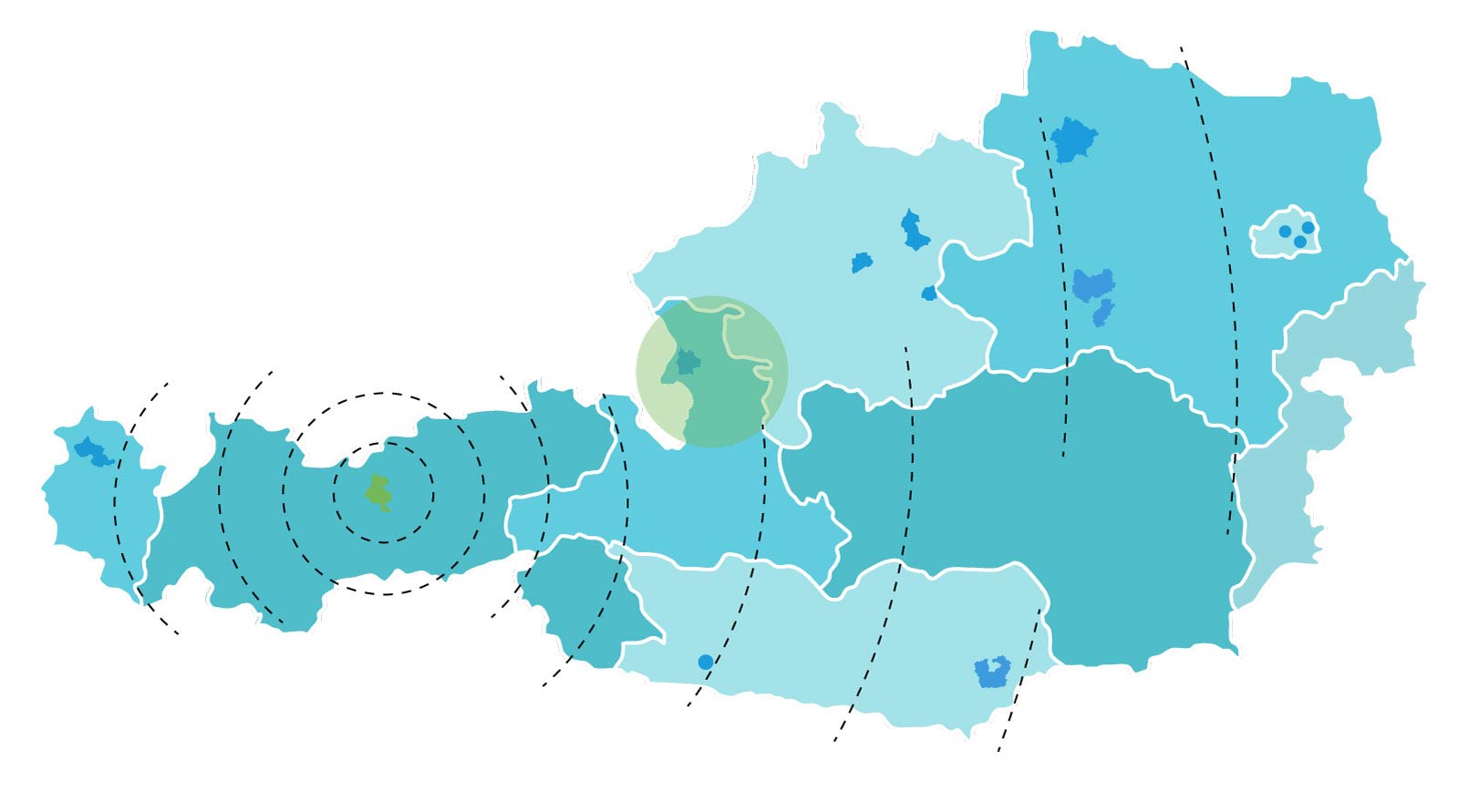
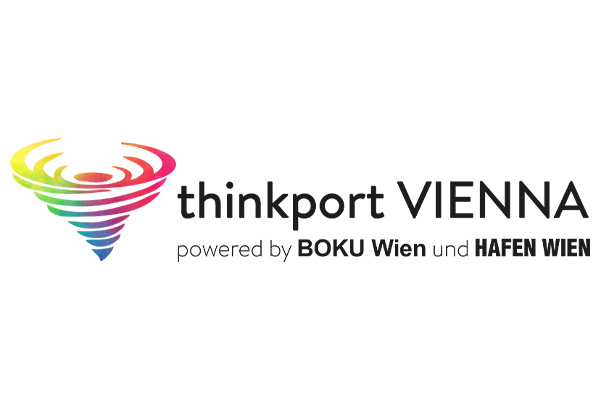 Logistics Innovations
Logistics Innovations
- Freight logistics
- Urban logistics
- Green logistics
- Environmentally friendly rail-road intermodal transport
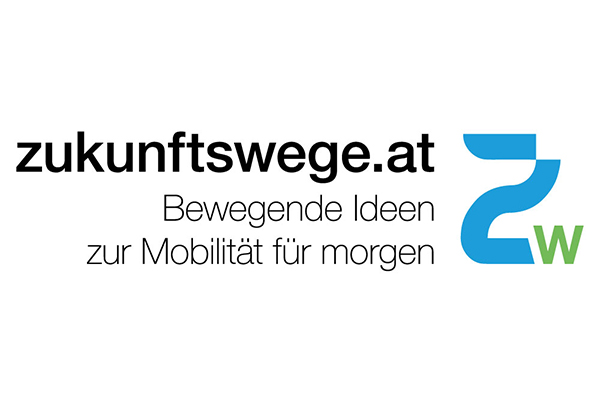
- Intermodal interfaces in the environmental alliance
- Mobility data infrastructure
- Cross-border test corridors
- Station 4.0
- Customer journey
Source: BMK

